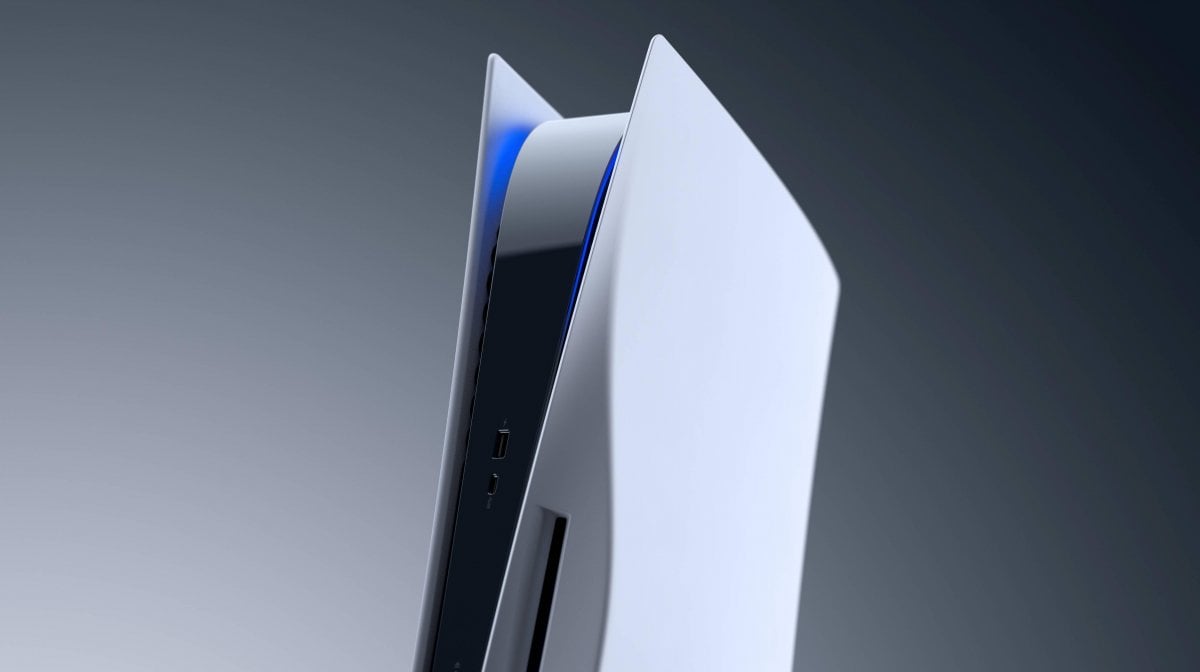The Internet of Things (IoT) is a network of different smart devices, other times called ‘things’ that connect to the internet to provide 24/7, instant, and reliable data sharing. IoT refers to various kinds of technologies being used today, such as smartwatches or self-driving cars that use the internet to relay information back to their manufacturers. This cloud-based technology also offers instant updates and notifications to insurance companies and their customers. Currently, there are over 26 billion devices connected worldwide and this number is predicted to continue increasing at an exponential rate.
For the commercial property insurance market, however, the use of IoT can greatly advance the way insurance services are costed, and with additional big data analysis, businesses can better evaluate potential risks, and provide more efficient services to their customers. Read on to understand how technology and IoT are changing the commercial property insurance market.
Insurers Can Offer Better Coverage at Reduced Costs
Insurance companies are always looking for new ways to expand their products, offer better coverage, and maintain low premiums to attract more customers. With the way technology has advanced, data has become power, and with that power comes revenue. One of the biggest limitations commercial insurance has been prone to over the last 200 years is the lack of capability to monitor and provide information in real-time to both customers and insurers.
Many insurance companies are taking advantage of drone and smart building technology to manage their customers’ security interests. Newer technology for commercial property insurance also uses sensors on buildings that monitor fluctuations in the movement of the earth, predicting possible natural disasters. This type of data collection and analysis allows the insurance companies to better manage and regulate risks, which then can help to lower premiums because potential pay-outs can be calculated.
Privacy and Security Issues May Arise
A benefit of utilizing IoT in business is that easy access to vast amounts of information and statistical analysis can help to predict and foresee possible events that may occur. This can assist with a more effective operation for many industries, as even overhead costs and potential losses can be better projected for the customer and insurer.
A major issue that commercial property insurance companies face is the access and protection of customers’ data. Insurance policies will need to be amended as IoT is implemented to ensure that the customer understands what kind of information may be collected and stored. The policy will also need to consider if the information belongs to the insurance company or the customer. Very strict confidentiality and privacy rules will be required to protect the customer at all costs.
With privacy in mind, now more than ever people are vulnerable to cybersecurity attacks and hacks by those trying to gain access to another person’s personal information. Major investments into cybersecurity protection will be a big, yet highly necessary cost if insurance companies want to remain in business.
If you are in the market for commercial property insurance, consider Next Insurance, a highly reputable company that has customizable packages depending on your business’s individual needs. Next Insurance is a 100% online cloud-based insurance company that operates every day of the year. With over 100,000 satisfied customers, Next Insurance has a service rating of 4.7 and is partnered with the best U.S National Insurance companies.
Collaboration with Technology Experts Will Increase
The only way for commercial property and other insurance companies to remain in the industry is to partner with the latest organizations and initiatives in technology. This may include smartwatch technology that can be worn by those working in a commercial property or even smart building features that regulate heating and air conditioning. Regular devices such as these that are installed in commercial buildings have become so smart that the device can tell when the property is empty and HVAC systems can be turned off. Additionally, if the building is too hot or cold, the device can regulate the temperature before employees enter the building.
Insurers are now able to warn customers of potential losses that may happen due to various reasons. They can also provide a much-improved customer service experience because potential risks can be predicted and managed long before they happen. There is still a lot to be researched as IoT gains popularity, but the way commercial property insurance works will be changed forever as information sharing and connection with data and smart devices evolves.

“Beer practitioner. Pop culture maven. Problem solver. Proud social media geek. Total coffee enthusiast. Hipster-friendly tv fan. Creator.”





